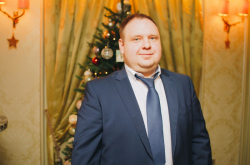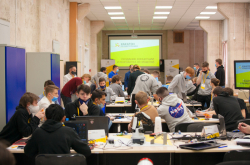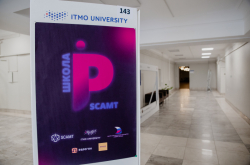In this interview, Anna Kalyuzhnaya, head of the Natural Systems Simulation Lab, and Ilya Revin, a software engineer and team leader, speak about FEDOT, their achievements, and the importance of hackathons for both Master’s students and experienced developers.
Ilya, you led the team that proposed the best solution at the hackathon and won by a landslide. How did you manage to do something that usually takes at least several months in such a short time?
Well, we had FEDOT, and although you probably won’t find it on the list of participants, that in no way diminishes its achievements. FEDOT is an automated machine learning framework for creating and optimizing chains of models (pipelines) or their elements.
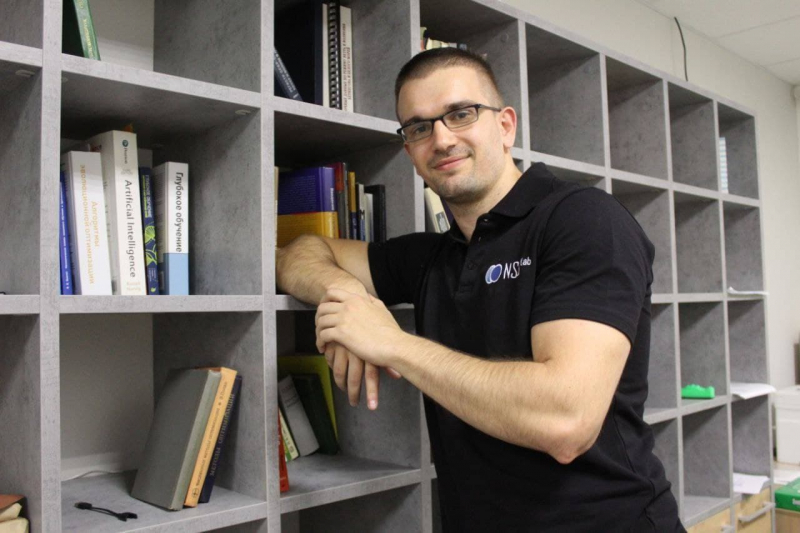
Ilya Revin
Was this FEDOT’s first competition?
It wasn’t its first time. We also used this framework at the Nornickel hackathon. Then, we tied for first place with the team Kanape – data scientists from SberBank and MTS.
Was the task there similar to what you did at Emergency DataHack?
No, we had a different task. The hackathon included two tracks: Foam Party and Sick Leave. Participants of the first track had to determine the flow rate and other flotation parameters of metal-containing foam from a video in order to optimize facility operators' performance. We, however, took part in the second track, where our task was to use anonymized records to create a model for predicting which employees will go on sick leave and when at one of Nornickel’s production workshops.
So, FEDOT can be useful in digital healthcare, too?
Of course, it’s a versatile solution. With this framework, you can work with data from multiple sources, be it images, text, or Excel spreadsheets. Here, setting a task becomes one of the key challenges. Thanks to FEDOT, we managed to obtain a combination of machine learning models for time series regression and forecasting and present it as our final solution at the hackathon.
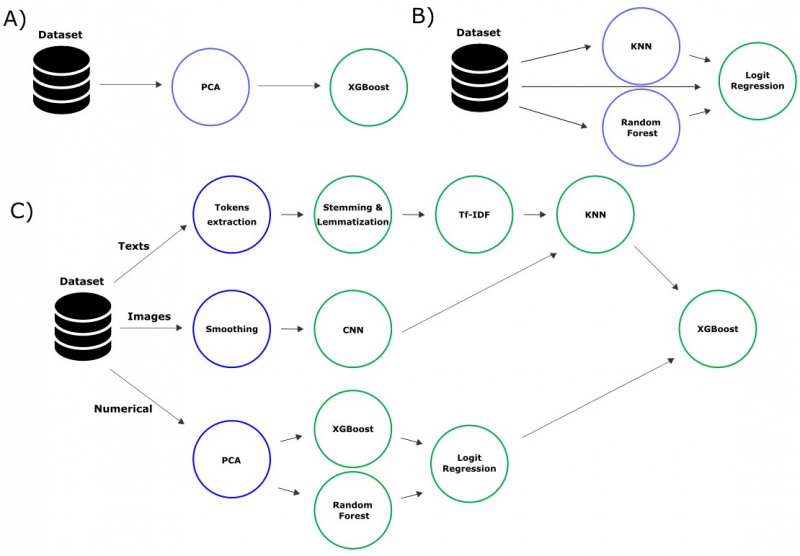
Various pipeline options obtained with the help of the FEDOT framework
Do you mean that FEDOT can help at any hackathon?
FEDOT is like a good Swiss Army knife. It’s a multi-tool that you can use for various purposes but it may not be equally efficient in each case. Moreover, these were industrial hackathons that not only offer real-life business cases but also require a unique approach.
For Kaggle competitions, it’s more important to demonstrate not your original way of thinking or experience, but your technical proficiency. So, in a way, not all participants compete on equal terms. Industrial hackathons, in turn, consider a greater number of factors. You must choose the right approach, find the best models, and correctly process the data, which usually leaves a lot to be desired. Then, you have to present the obtained results and defend your approach. That’s why leaderboards are constantly changing. One of the examples is the team DataMotion from the Emergency DataHack that unexpectedly but deservedly advanced from third to second place.
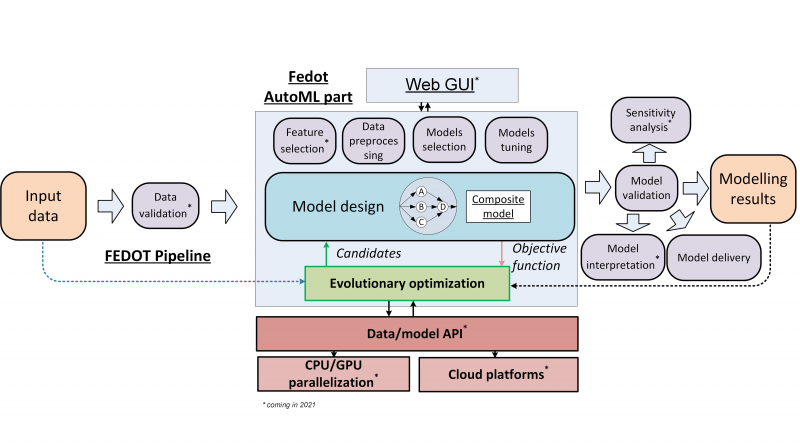
Automation of ML pipelines with the FEDOT framework
Anna, as the head of the Digital Geotechnologies Master’s program, could you tell us why hackathons are beneficial for students?
We strongly believe that it’s impossible to study data science without solving real-life problems. That’s why we encourage our students, starting in their first year, to engage in research and projects brought to us by the center’s industrial partners.
Hackathons are a great chance for students to try their hand at working with data and tackling business challenges, as well as boost their teamwork skills. Sometimes the proposed problems become a starting point for further research, scientific articles, and even theses. There is also a pleasant bonus in store for students: most competitions offer good monetary prizes. Not only do students enhance their knowledge in data analysis and modeling skills, but also get the opportunity to monetize their success. And that’s awesome!
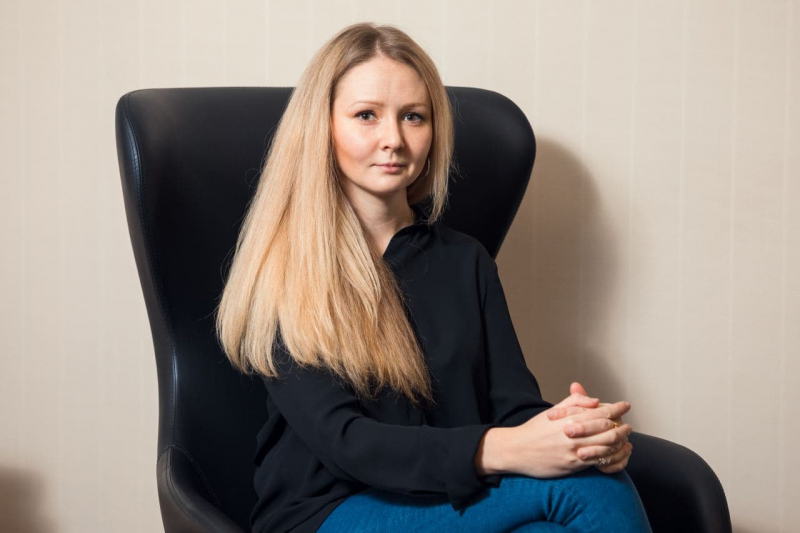
Anna Kalyuzhnaya
Are you going to find a way to introduce hackathons into the educational process or should students do it on their own?
It’s good when students are independent, but we’ll try to turn this practice into some kind of an optional course. This way, they will have the chance to take the course and be guided by experienced mentors. We’re already starting to work on the program. We plan to include not only practical but also theoretical classes covering the topics that were not touched on during their Master’s studies. I believe that hackathons help students gain valuable experience, learn to apply scientific approaches, and analyze various solutions, as well as justify and defend their choice.
Not only students but also the lab’s staff are members of the team. Do you plan to continue encouraging your staff to apply for hackathons?
Yes, for several reasons. Firstly, hackathons are essential for the FEDOT team as it helps them general new ideas. Secondly, participants often deal with compelling data and tasks and thus can enrich their competencies. And, finally, from time to time we also organize machine learning competitions and plan to continue to do so this year, too. It's a great way to gain insights and learn from the experience of our colleagues.
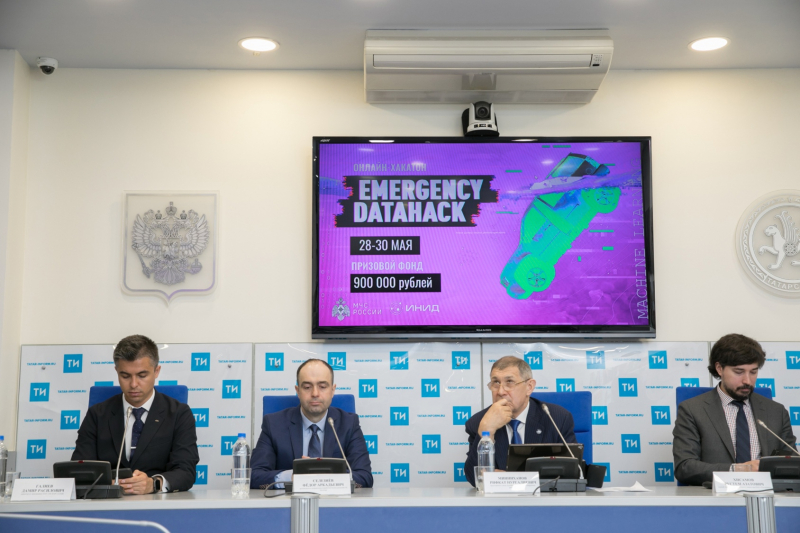
Emergency DataHack
Is FEDOT available only for ITMO students and staff?
No, it’s an open-source solution. We’ve also launched a series of publications on Habr for those wishing to master FEDOT on their own. While the first article focuses on structured learning and the use of AutoML for developing composite AI models, the second is about time series forecasting with AutoML. Plus, everyone can contribute to its development on GitHub. There, you can also learn more about how to approach the framework and AutoML in general.
Ilya, what are your plans for hackathons?
We don’t have a clear schedule. It’s impossible to make plans for such things as there are a plethora of similar competitions and often you can’t find any information beforehand. We choose the most interesting competitions, put a team together, and then apply for participation.
Generally speaking, hackathons are now extremely popular in Russia. Not long ago, Dmitry Chernyshenko, Deputy Prime Minister of Russia, said that 850 million rubles will be allocated for holding over 100 AI competitions until 2024. As a result, we will get a broader choice of hackathons, the prize pool will increase, students will become more motivated, and teams will demonstrate better performances. This is good news! Thanks to FEDOT, we’re close to having our winning strategy.


